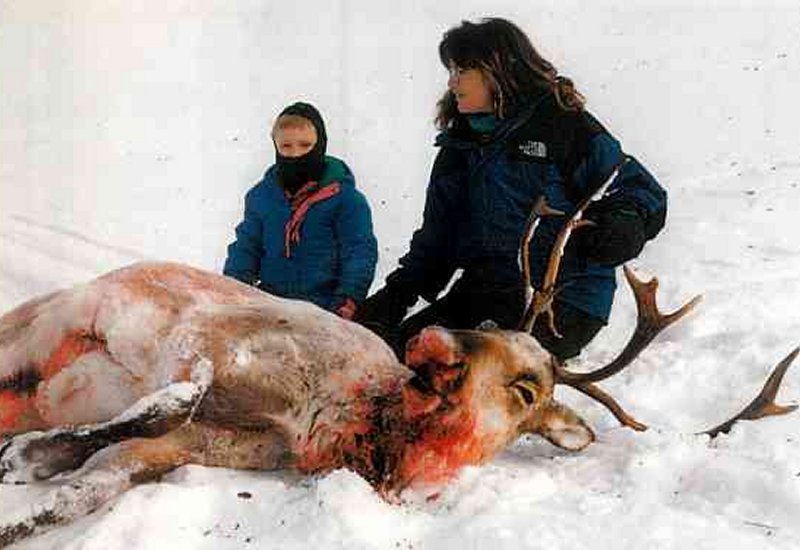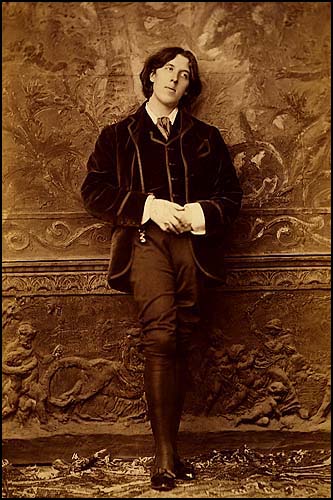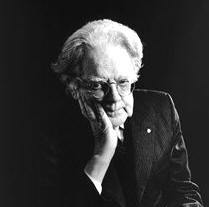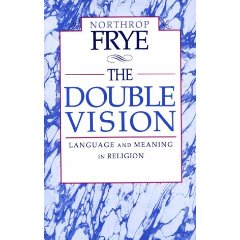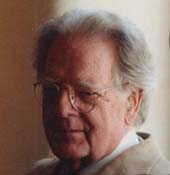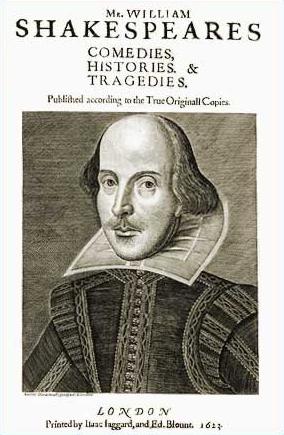
“I do not recall reading any literary criticism, as opposed to literary biography, until I was an undergraduate. At seventeen I purchased Northrop Frye’s study of William Blake, Fearful Symmetry, soon after its publication. What Hart Crane was to me at ten, Frye became at seventeen, an overwhelming experience. Frye’s influence on me lasted twenty years but came tumbling down on my thirty-seventh birthday, when I awakened from a nightmare and then passed the entire day in composing a dithyramb, “The Covering Cherub or Poetic Influence.” Six years later, that had evolved into The Anxiety of Influence, a book Frye rightly rejected, from his Christian Platonist stance. Now, at seventy-eight, I would not have the patience to reread anything by Frye but I possess almost all of Hart Crane by memory, recite much of it daily and continue teaching him. I came to value other contemporary critics—Empson and Kenneth Burke particularly—but have now dispensed with reading them also. Samuel Johnson, William Hazlitt, Walter Pater, Emerson, Oscar Wilde I go on reading as I do the poets.”
Harold Bloom, “The Point of View for My Work as a Critic: A Dithyramb.” The Hopkins Review 2, no. 1 (Winter 2009), New Series: 28–48.

